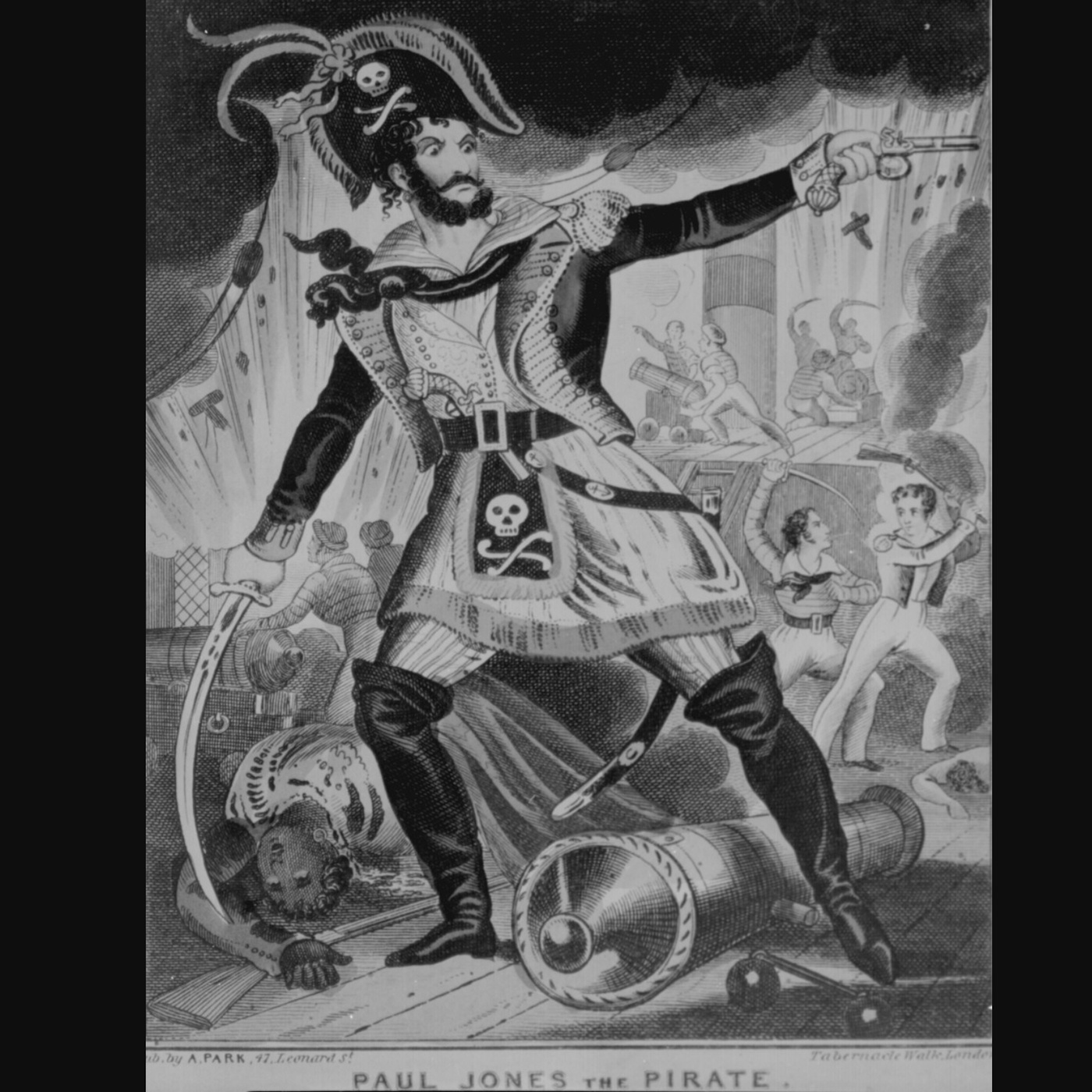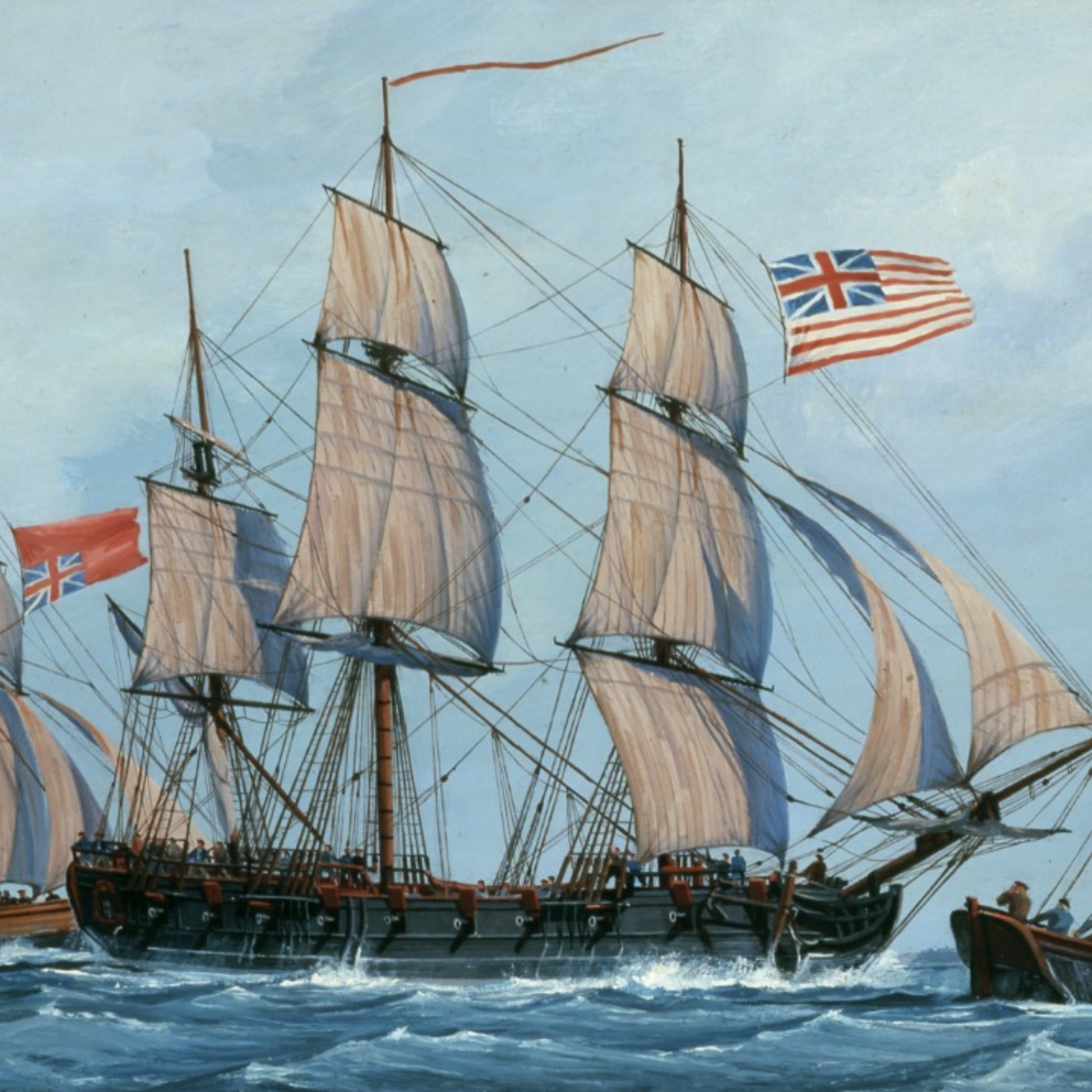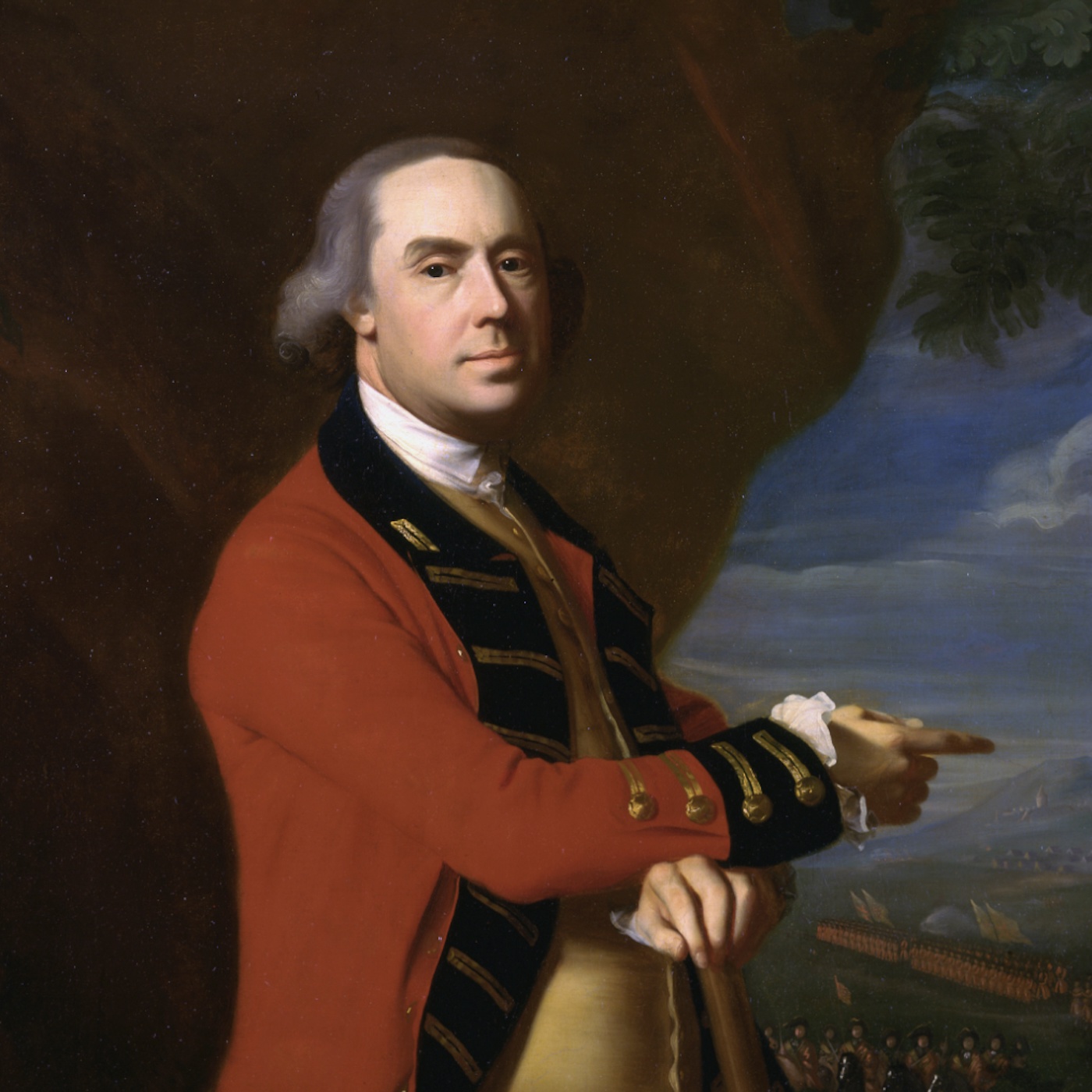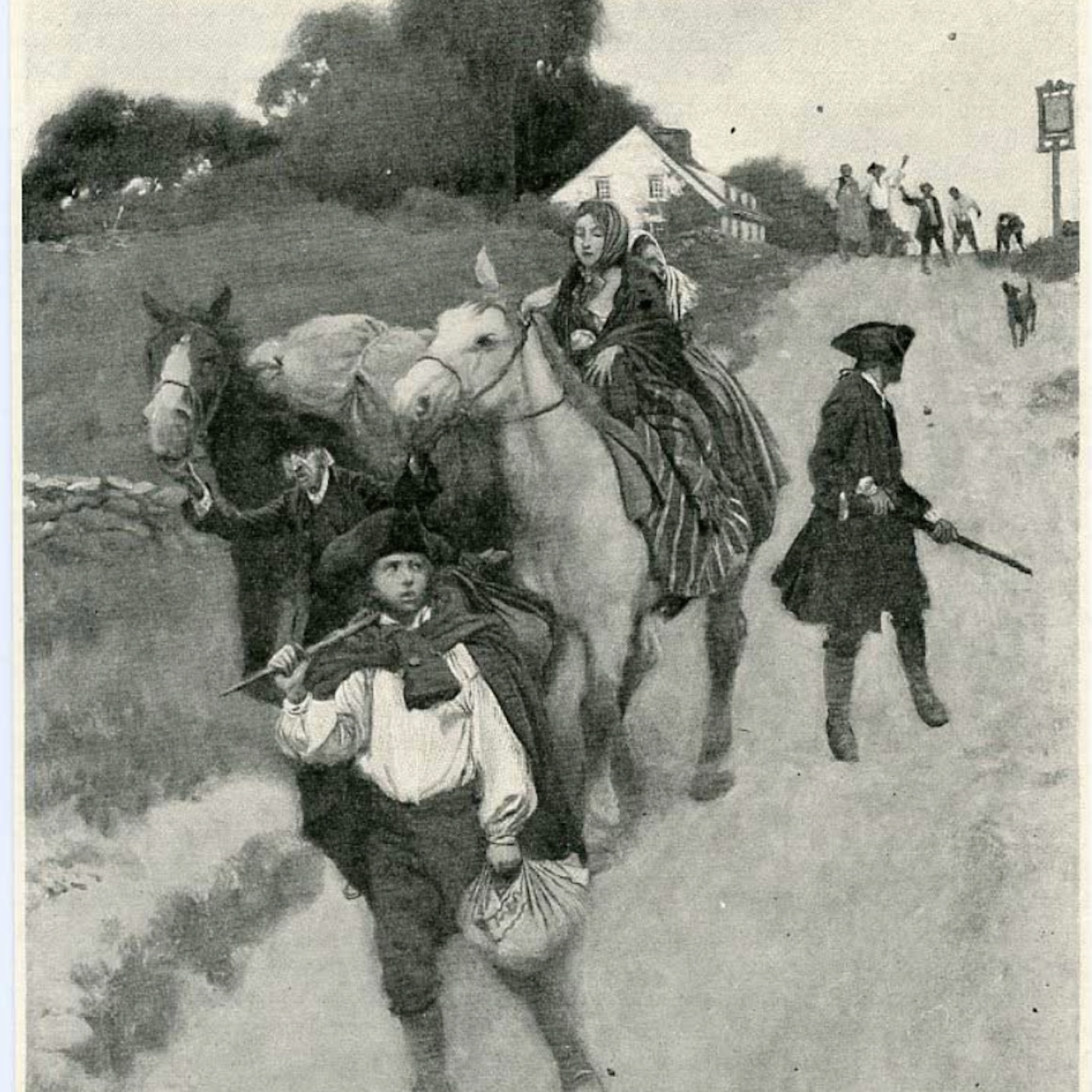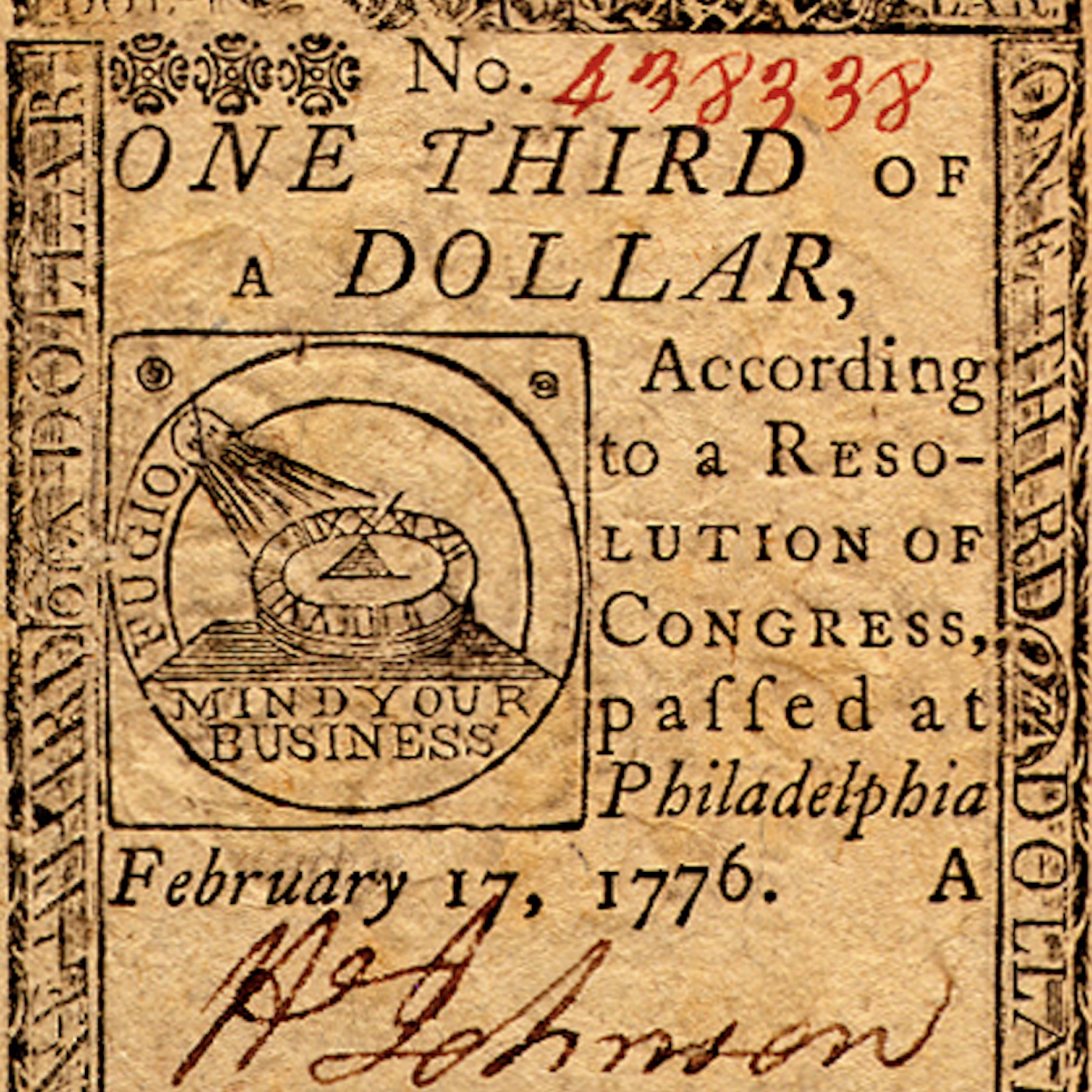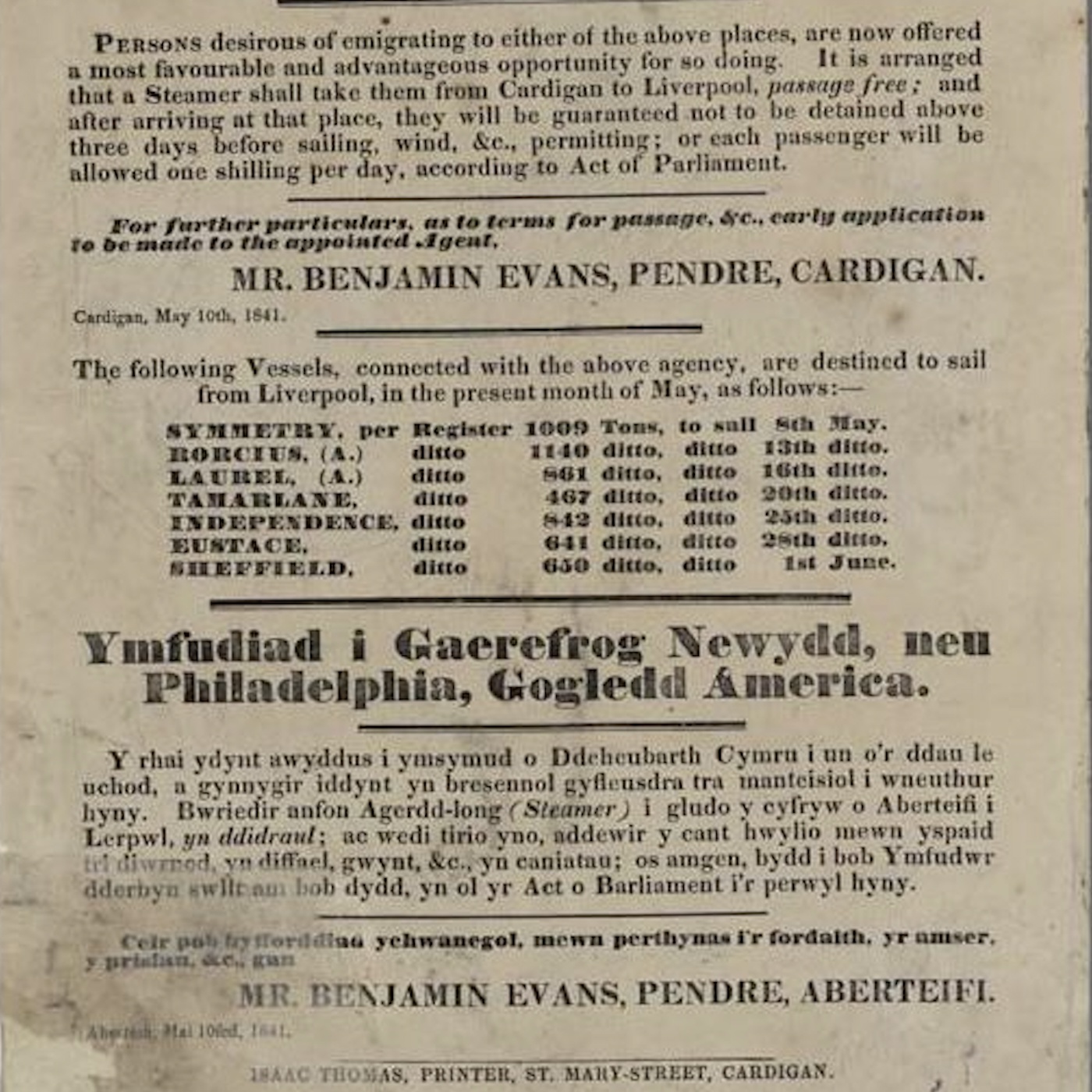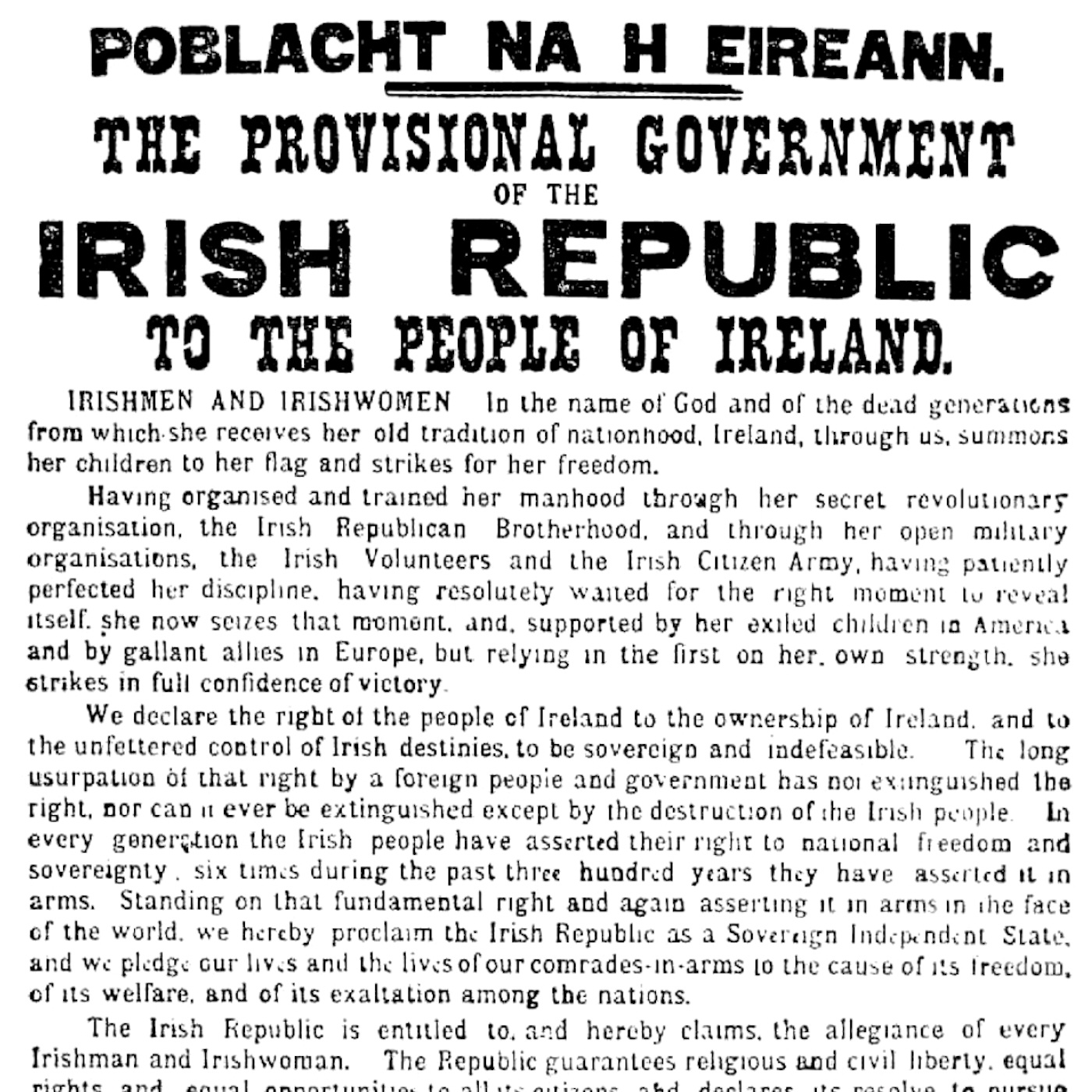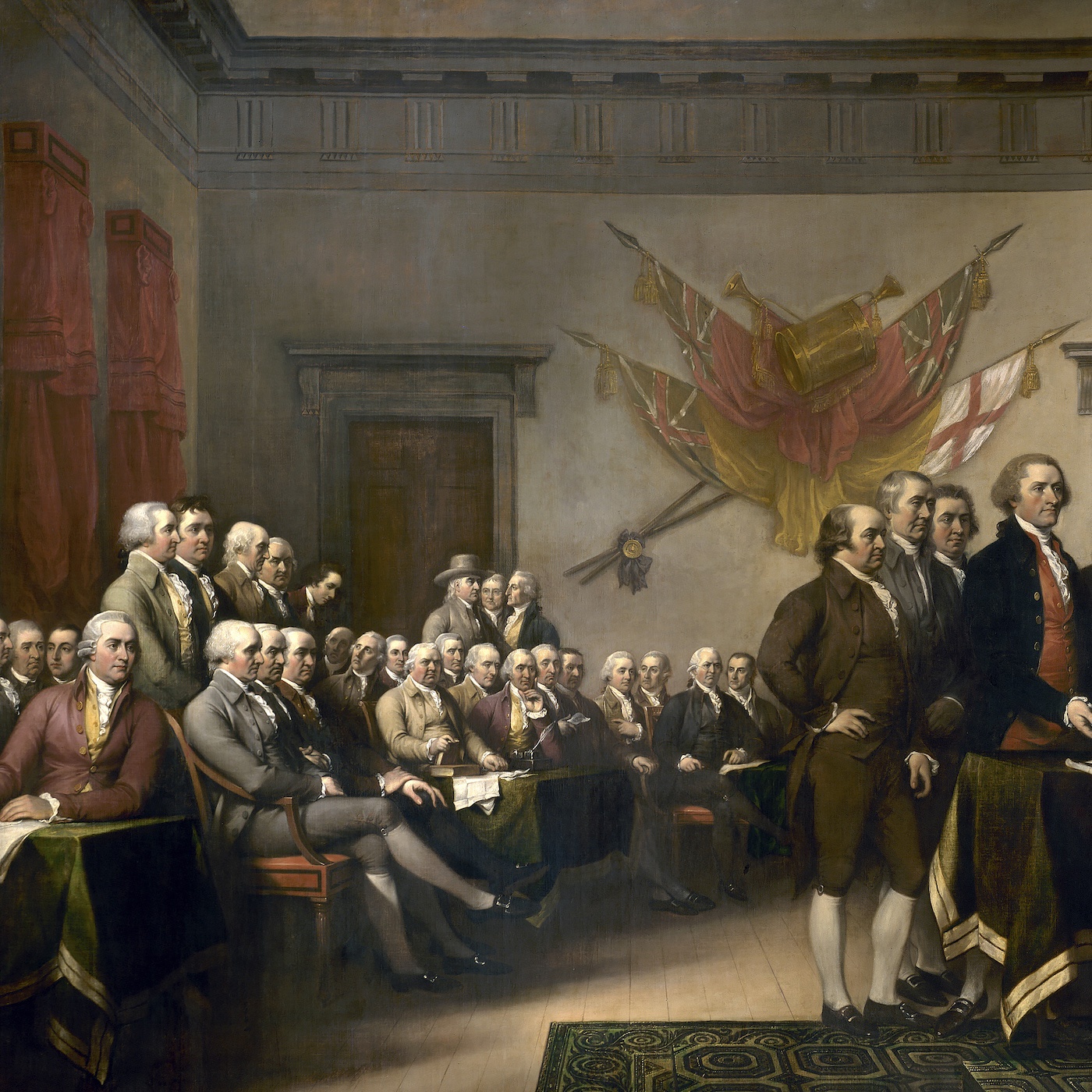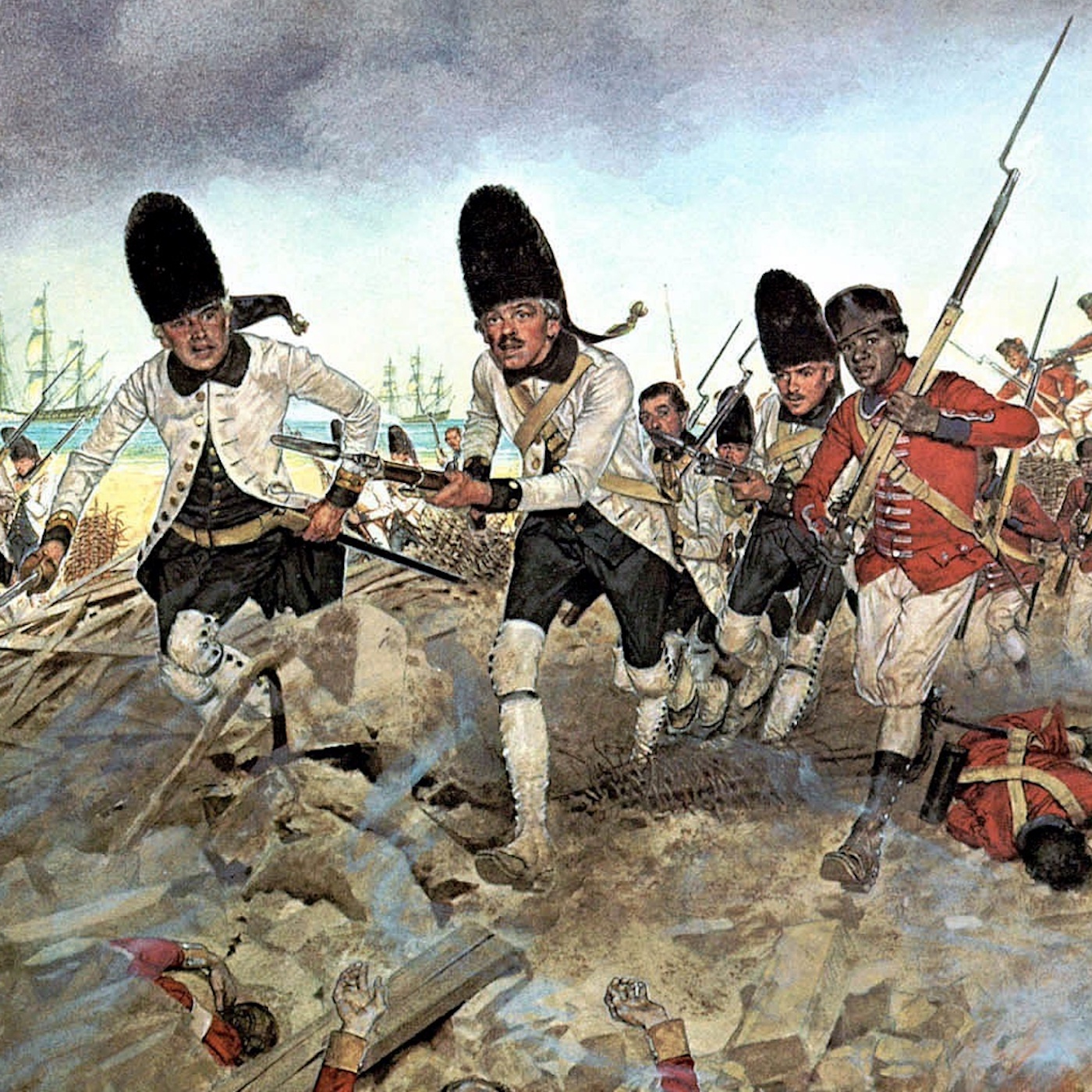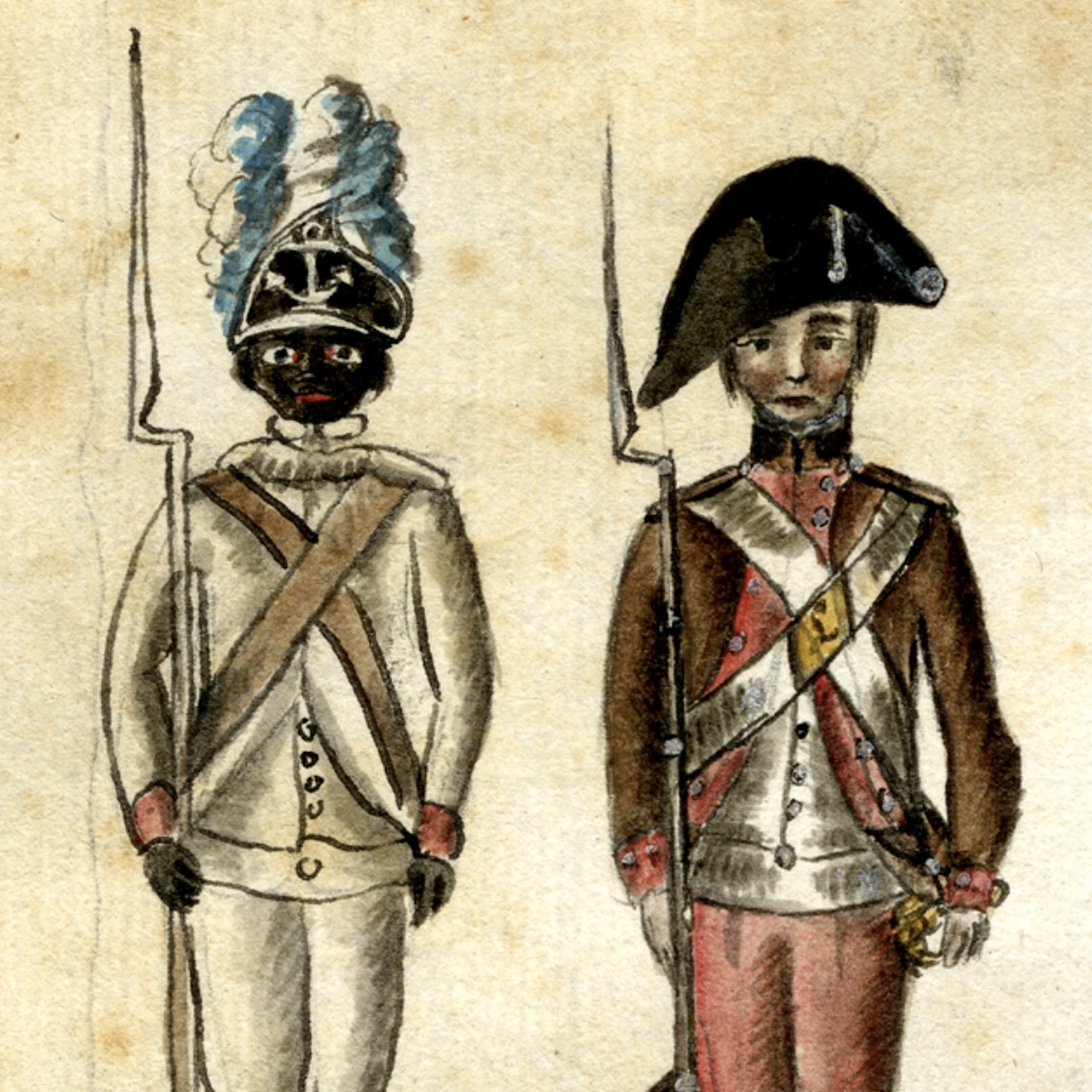
"What to the Slave Is the Fourth of July?": Black America and the Declaration of Independence
The phrase, ALL MEN ARE CREATED EQUAL, is complicated when viewed from the perspective of an enslaved person. So for our Black History Month episode, we are exploring the wide variety of Black perspectives about the Declaration of Independence.
Topics include the following:
-a history of Juneteenth, the alternative Independence Day for Black Americans
-the different life situations of Black Americans in 1776 and their different responses to the Declaration of Independence
-the story of James Forten, free Black, Patriot volunteer, and early abolitionist, and Jeffrey Brace, an enslaved soldier in the Continental Army, who was re-enslaved after the war...
